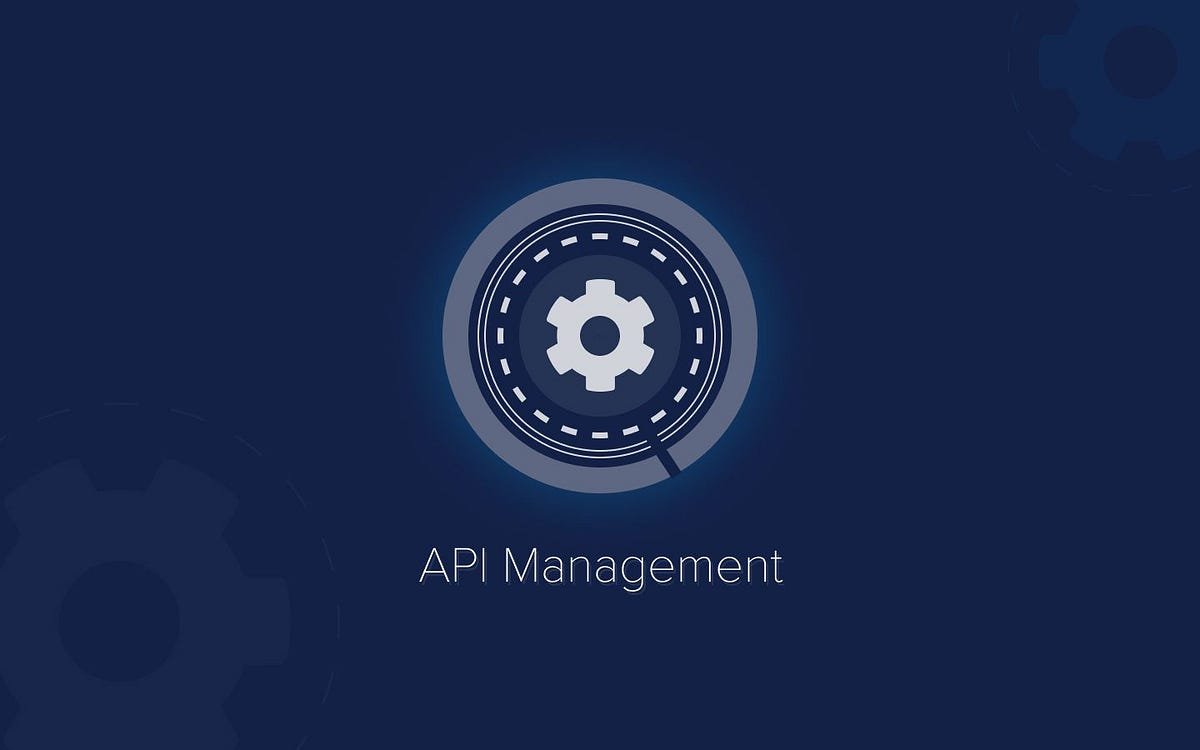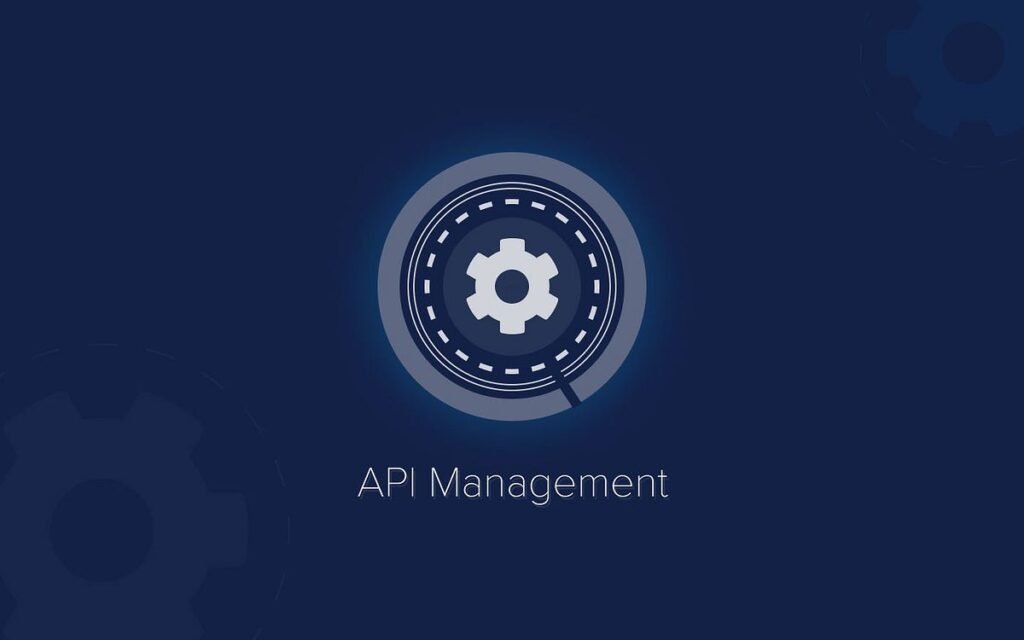
In an increasingly interconnected digital world, Application Programming Interfaces (APIs) have become essential for enabling communication between different software systems and services. APIs allow businesses to integrate applications, share data, and create new functionalities. However, effectively managing these APIs is vital to ensure security, performance, and scalability. This is where API management comes in. In this blog, we will explore what API management entails, its key benefits, and why it is crucial for modern businesses.
What is API Management?
API management refers to the processes and tools used to design, publish, document, and monitor APIs. It encompasses a range of practices aimed at ensuring that APIs are secure, efficient, and easy to use. Key components of API management include:
- API Gateway: This serves as an entry point for API requests, routing them to the appropriate backend services while managing tasks such as authentication, request validation, and response transformation.
- Security: API management includes implementing measures like authentication and authorization to protect APIs from unauthorized access and threats.
- Analytics: Monitoring API usage and performance helps identify trends, usage patterns, and potential issues, enabling informed decision-making.
- Documentation: Comprehensive API documentation is crucial for developers, providing the necessary information to integrate and utilize APIs effectively.
Why API Management is Crucial for Businesses ?
Enhances Security –
APIs can expose sensitive data and functionalities, making robust security a top priority. Effective API management incorporates:
- Authentication: Verifying user identity to ensure only authorized individuals can access APIs.
- Authorization: Defining what actions authenticated users can perform, preventing unauthorized access to critical functions.
- Rate Limiting: Controlling the number of requests a user can make to prevent abuse and ensure fair usage across all users.
These security measures help protect organizational data and reduce the risk of breaches, ensuring that sensitive information remains secure.
Improves Efficiency and Performance –
API management tools streamline the development, deployment, and monitoring of APIs, leading to significant efficiency gains:
- Centralized Control: A unified platform for managing all APIs allows for easier oversight of performance and issues.
- Load Balancing: Distributing incoming traffic across multiple servers prevents overload and maintains performance during peak usage.
- Caching: Storing frequently accessed data reduces response times and minimizes the load on backend systems.
These optimizations enhance the user experience, ensuring that services remain reliable and responsive.
Facilitates Integration and Innovation –
In a fast-paced digital landscape, businesses need to integrate various applications and services quickly. API management enables:
- Seamless Collaboration: APIs facilitate integration with third-party services, allowing businesses to enhance their offerings and capabilities.
- Accelerated Innovation: By providing developers with access to a variety of tools and services, organizations can rapidly develop new applications and features that meet market demands.
This adaptability is essential for staying competitive in today’s marketplace.
Enables Data-Driven Decisions –
API management solutions offer robust analytics capabilities that provide valuable insights into API usage:
- Trend Identification: Analyze which APIs are most utilized and understand user behavior.
- Resource Optimization: Use data insights to allocate resources effectively based on actual usage patterns.
- User Experience Enhancement: Identify areas for improvement by monitoring user interactions and addressing pain points.
These insights empower businesses to make informed decisions, improving both API performance and user satisfaction.
Supports Scalability –
As businesses grow, their API needs can become increasingly complex. Effective API management supports scalability by allowing organizations to:
- Easily Add New APIs: Quickly integrate new functionalities without disrupting existing services.
- Manage Increased Traffic: Ensure that APIs can handle higher volumes of requests as user demand increases.
By enabling scalable API infrastructure, organizations can avoid downtime and maintain high service levels as they expand.
Conclusion –
In an era where digital transformation is essential, effective API management is crucial for businesses aiming to leverage technology for a competitive edge. By enhancing security, improving efficiency, facilitating integration, enabling data-driven decision-making, and supporting scalability, API management plays a vital role in the successful deployment and utilization of APIs.
As organizations increasingly embrace APIs as integral tools for innovation and collaboration, investing in comprehensive API management solutions will be key to unlocking their full potential. By prioritizing API management, businesses can navigate the complexities of the digital landscape, enhance their operations, and drive growth in an interconnected world.


